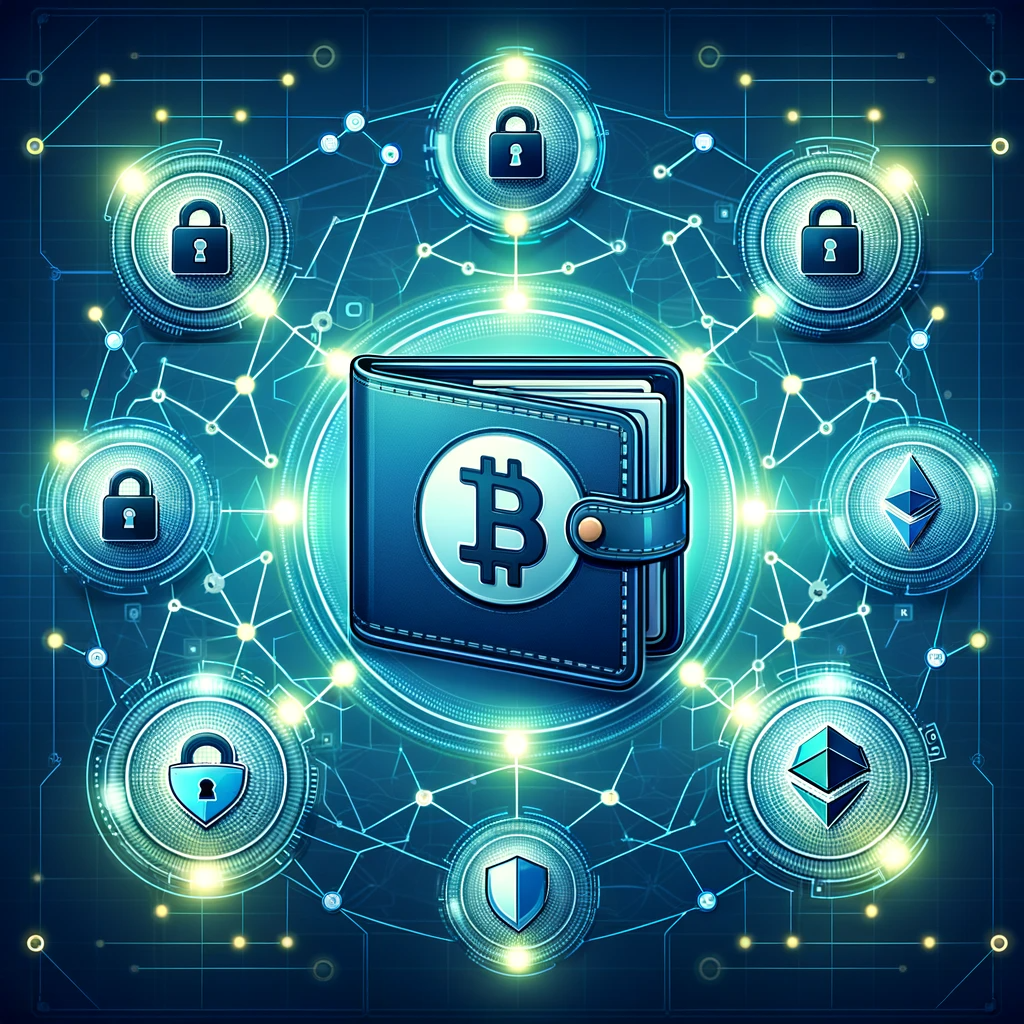Rising Threat - Phishing Attacks Draining Cryptocurrency Wallets

As the digital currency landscape evolves, cybersecurity experts are increasingly concerned about the rise in sophisticated phishing attacks. These attacks, known for their ability to drain cryptocurrency wallets, are becoming more prevalent and complex.
Check Point researchers Oded Vanunu, Dikla Barda, and Roman Zaikin have recently shed light on this worrying trend. Their insights reveal that these attacks are not just limited to a single blockchain but are rapidly spreading across various networks like Ethereum, Binance Smart Chain, Polygon, Avalanche, and more. Learn more about their findings here.
The Emergence of ‘Scam-as-a-Service’ in Cybercrime

A critical factor in the escalation of these attacks is the emergence of groups like Angel Drainer. Operating under a ‘scam-as-a-service’ model, they facilitate these crimes by providing other cybercriminals with wallet-draining scripts and tools, charging a hefty percentage of the stolen digital assets in return.
This disturbing trend was further highlighted when Inferno Drainer, another wallet-draining service, announced its shutdown after reportedly aiding in the theft of over $70 million in cryptocurrency. Details about their operations and impact can be found here.
How to Protect Yourself from Cryptocurrency Phishing Scams
To safeguard against such phishing scams, experts recommend the use of hardware wallets for enhanced security. It’s also vital to verify the legitimacy of smart contracts and to regularly monitor wallet allowances for any signs of unauthorized activities. In addition you can:
- Use Multi-Factor Authentication (MFA): Enable MFA on all accounts related to your cryptocurrency transactions for an added security layer.
- Stay Informed About Latest Scams: Regularly educate yourself on new phishing techniques and scams in the cryptocurrency sphere.
- Regularly Update Software: Keep your software, especially cryptocurrency-related apps, updated with the latest security patches.
- Avoid Public Wi-Fi for Transactions: Refrain from using public Wi-Fi networks for cryptocurrency transactions due to their lower security levels.
- Be Cautious with Emails and Messages: Exercise skepticism towards unsolicited emails and messages that request personal information or prompt you to click a link.
- Backup Your Wallet: Consistently backup your cryptocurrency wallet to facilitate recovery in the event of a phishing attack.
- Use Trusted Sources: Only download apps or software from reputable sources to reduce the risk of malicious software installation.
- Educate Yourself About Blockchain Security: Gain a basic understanding of blockchain security to better protect your digital assets.
Adopting these practices, along with using hardware wallets, verifying the legitimacy of smart contracts, and monitoring wallet allowances, can significantly strengthen your defenses against the growing threat of cryptocurrency phishing scams.



